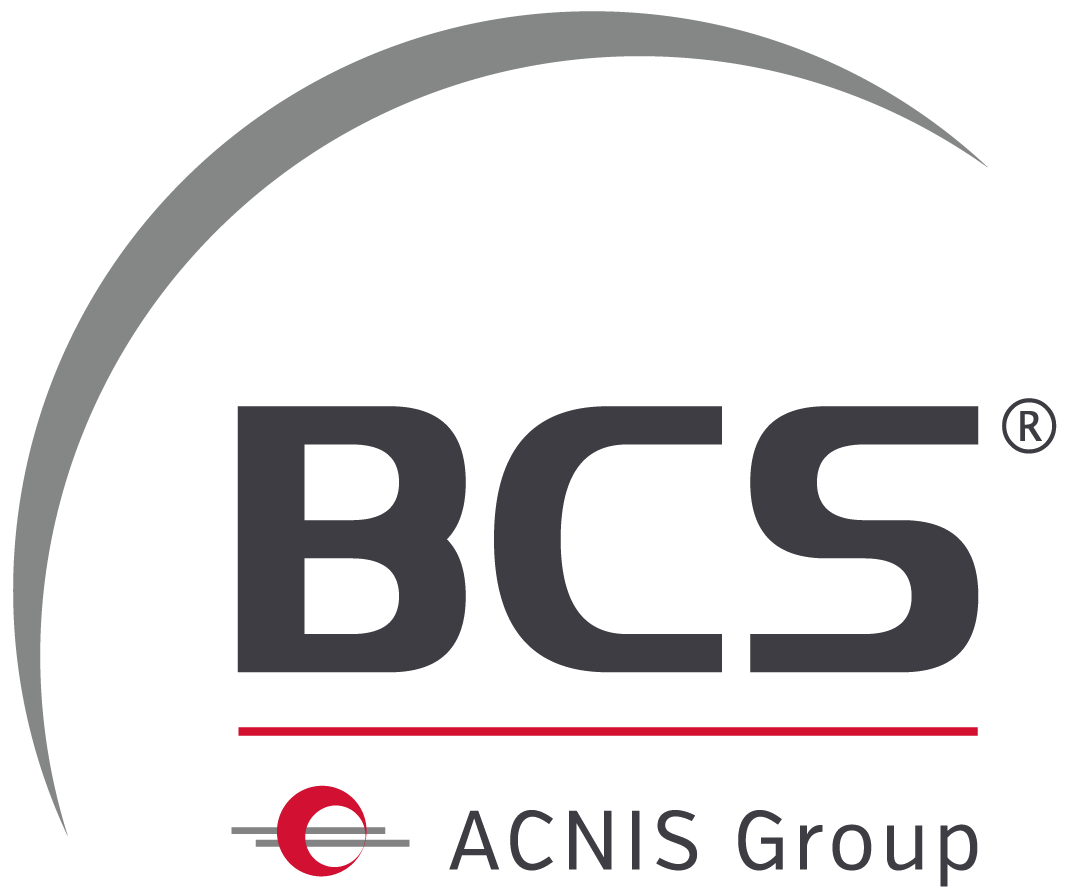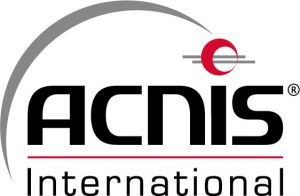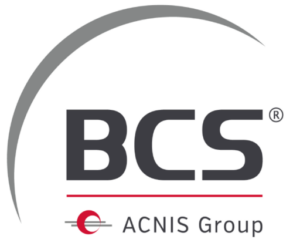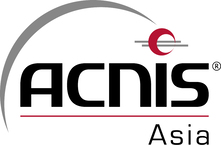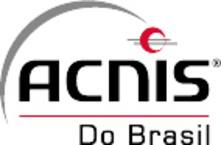Aeronautics
WHY CHOOSE TITANIUM ?
Commercial aerospace has been booming since the 80’s. Over the years, increase in passengers, comfort, security requirements have led manufacturers to improve fuel efficiency to respond to evolving environmental impositions. This has resulted in the significant weight reduction of aircrafts, most notably through the use of new materials like fiber-reinforced composites.
Due to their remarkable compatibility, the rise of composite materials has led to a wider use of titanium alloys and others technical alloys in airframe structures in modern commercial and military aircrafts, but also in spatial, defense and racing cars.
Lowering materials buy to fly ratio is an ongoing concern in the industry, with technical metals BTF ratio still close to 100/10 today.
-
Excellent resistance to erosion and corrosion
-
High mechanical properties maintained up to 600°C and excellent adhesion to coating materials
-
Elevated electrical and thermal conductivity
-
Strength to weight ratio
Titanium for high-performance industries
Titanium is a metal of choice for aircraft manufacturers and is widely used in engine and airframe structures, benefiting from its excellent mechanical properties (resistance and fatigue), coupled with its resistance to corrosion.
Titanium will outperform steel and aluminium alloys where high temperatures are involved, up to approximately 600°C.
Titanium comes to a higher cost when compared to other materials. It is thus important to minimise material loss as much as possible.
ACNIS International offers innovative solutions (cutting, extruded products…) to minimise material scrapping and production costs.
Military aircrafts are in constant evolution and pushing the limits of what’s possible (speed, armoring…)
Titanium is used for pieces subject to impact like leading edges and canard, but also in the armoring of fighter jets cockpits, where its excellent mechanical properties and resistance to corrosion and fire are essential.
Titanium use is increasing in the spatial industry. Metallic parts like centrifugal impellers used in propulsion are experiencing cryogenic temperatures as well as combustion. Titanium properties make it possible.
Titanium is also being used in tanks for gas propellant for satellites, benefiting from its capacity to resist corrosion and cryogenic temperatures.
A certain number of tools used in space stations use titanium too. Being non-magnetic, they won’t risk to generate electromagnetic disturbance with surrounding electric and electronic devices in zero- gravity conditions.
Composite materials (carbon fibre and aramid fibre) are an important component of spatial structures due to weight restrictions. Titanium’s low coiefficiant of expansion makes it a metal of choice for rivets and fixations of equipments made of composite materials.
Defense is an important market for titanium. Aviation, naval and land armament industries, missiles : all benefit from its unique set of properties.
Titanium sheets are now commonly used in armoring in the land armament industry, the weight reduction over steel representing aro. 40%.
The naval industry likes titanium for its high mechanical properties, its non-magnetism and its excellent resistance to marine environment : it is now commonly used in submarines and their hull and heat exchangers.
Drone manufacturers have started to use titanium too. Titanium drones are most resistant to ballistic missiles and less subject to corrosion when used close to the sea. The high strength to weight ratio of titanium is of particular interest to safety and military applications. Additive manufacturing provides a lighter and more robust ballistic protection on drones.
